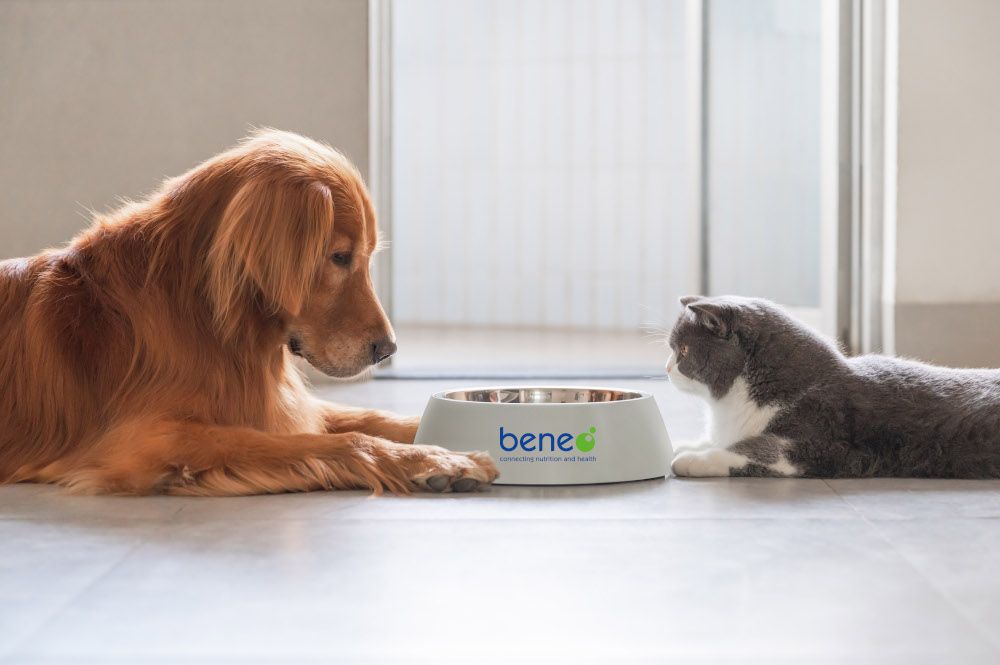Beneo highlights plant protein ingredients for pet food
Beneo’s vegetal protein line for pet food includes rice, wheat, and faba bean proteins.
Photo © Shutterstock.com/Chendongshan

Beneo (Parsippany, NJ) is highlighting its range of plant protein ingredients for pet food. The company’s latest press release describes the natural and often clean-label appeal of its ingredients, which can be used to create either plant-based or plant-animal–hybrid pet foods.
Data from the company’s previous Beneo Consumer Research Attitudes Towards Pet Food survey in the U.S., Brazil, UK, Germany, and China showed that one in three pet food shoppers believe that pet foods made with plant-based ingredients are healthier, Beneo says. Beneo’s press release states that more pet food companies are “willing to explore new protein sources and diversify their portfolio,” also due to the fact that there is lower availability and higher price volatility of meat co-products today.
First, the firm says that its rice protein appeals to pet owners shopping for allergen-free pet food. Beneo’s rice protein is hypoallergenic and highly digestible, thus suited for pets with allergies as well as sensitive pets like puppies and older animals. Beneo’s rice protein has a high protein density of approximately 80%.
Beneo’s vital wheat gluten, meanwhile, has a high protein density of approximately 80%, the firm says. Its amino acid profile “is rich in glutamine, which is the preferred fuel for intestinal cells that can help repair damaged cells, as well as tyrosine, which plays an important role in maintaining fur color.” Because of its strong viscoelastic properties, vital wheat gluten can also help improve the texture of different types of pet food, ranging from dry to wet food, the firm adds. For instance, with dry pet food, vital wheat gluten can help positively affect extrusion behavior. With wet pet food, vital wheat protein can improve the chunkiness of the food and the structure of meat. “Thanks to its excellent water-absorption capacity, it also increases juiciness in semimoist or wet pet food and is therefore a valuable alternative to spray-dried plasma,” the press release adds.
Finally, the firm’s faba bean protein concentrate is offered as a good alternative to animal and soy proteins and can enable “no grain” pet food claims. The press release adds that “its amino acid profile is relatively rich in lysine and can nicely complement cereals’ protein, meaning it can notably be blended with rice protein or vital wheat gluten.” The concentrate also has high levels of glutamine, which can support growth of intestinal cells, as well as arginine, which supports cognitive health. Due to faba bean protein concentrate’s good solubility, which enables soft and mousse-like gels, it is especially useful in making wet pet food.
All of the proteins are also said to be highly digestible, with the rice protein and faba bean protein concentrate touting digestibility scores close to 90%, and the vital wheat gluten offering a digestibility score above 90%, the firm says.